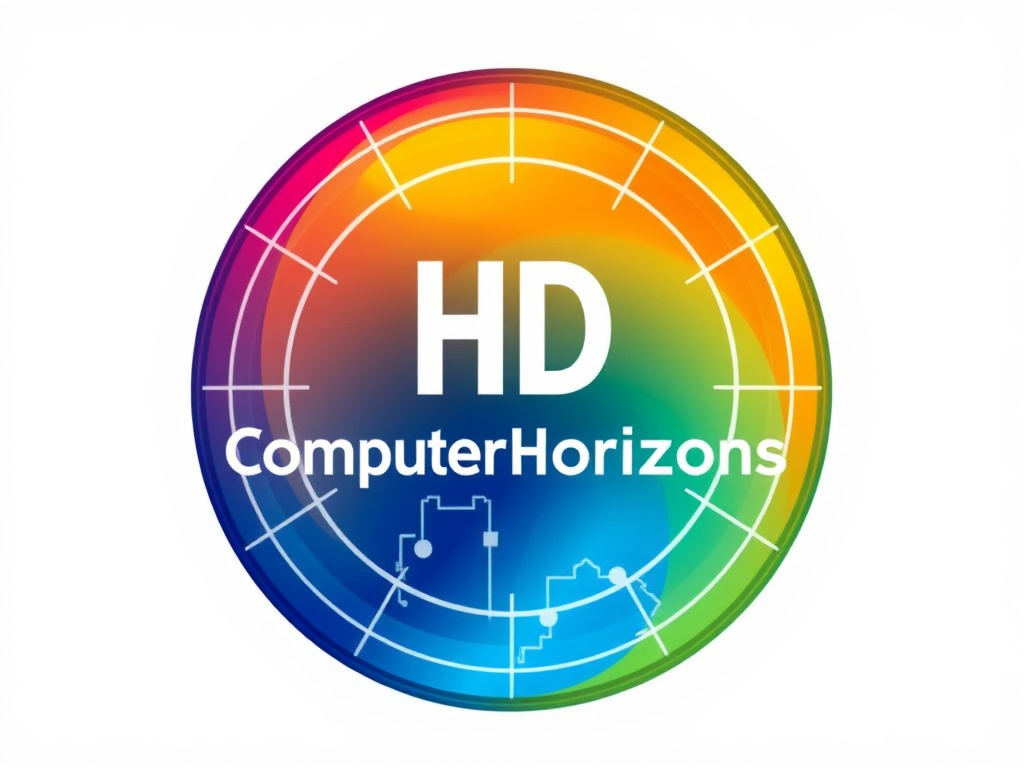Leveraging Augmented Reality in UK Marketing: Applications and Trends
Augmented reality marketing is rapidly reshaping how UK businesses engage customers by overlaying interactive visuals onto real-world environments. This technology enhances customer experience AR by creating memorable, immersive interactions that elevate brand engagement beyond traditional advertising.
Currently, key industries like retail, real estate, and tourism lead the adoption of augmented reality marketing in the UK. Retailers use AR to enable virtual try-ons, allowing shoppers to see products on themselves before buying. Real estate agencies offer virtual property tours, enhancing remote viewing experiences. Tourism boards and cultural sites deploy AR to enrich physical visits with historical overlays and interactive guides.
Have you seen this : What Innovations in UK Computing Marketing Are Shaping Future Trends?
Emerging AR trends UK indicate a shift toward more personalised and location-based AR experiences. Integration with smartphones and wearables allows marketers to deliver context-aware content, making customer interactions more relevant and engaging. Another notable trend is combining AR with AI to adapt experiences in real time based on user behaviour, further enhancing customer experience AR.
Overall, augmented reality marketing in the UK is evolving with a focus on deeper engagement, personalised content, and seamless integration into everyday consumer environments, driving innovative ways for brands to connect with their audiences.
Have you seen this : How is cloud technology reshaping marketing in the UK?
Noteworthy UK Case Studies: Augmented Reality in Action
Exploring AR case studies UK reveals how British brands capitalize on augmented reality marketing to revolutionise customer relations. Leading companies in retail and automotive sectors deploy AR to create interactive experiences, boosting engagement and sales metrics. For instance, UK retail giants have implemented AR try-ons, allowing customers to visualise products virtually, increasing confidence and reducing returns. These real-world AR examples demonstrate how immersive technology drives deeper emotional connections and brand loyalty.
One notable case showed a UK fashion brand integrating AR marketing with social media campaigns, resulting in a significant uplift in brand interaction and positive feedback. Another success story involved a car manufacturer using AR to offer virtual vehicle customisation, streamlining the buyer journey and shortening sales cycles. These AR case studies UK provide tangible proof that well-executed AR strategies dramatically enhance customer experience AR.
Consumer responses to these campaigns have generally been favourable, highlighting the novelty and ease of access AR offers. Surveys reveal heightened interest and purchase intent post-AR exposure, a clear indicator of AR’s effectiveness in UK marketing innovation. The lessons from these examples underline the importance of creative, user-friendly AR applications that resonate with UK audiences and deliver measurable business outcomes.
Implementing AR for Enhanced Customer Experience: Step-by-Step Strategy
Understanding how to implement augmented reality effectively is crucial for UK businesses aiming to improve customer experience AR. The first step involves a thorough assessment of business needs to determine AR suitability for marketing goals. Companies should ask: What objectives will AR serve? How will it enhance customer engagement? This clarity guides tailored solutions rather than one-size-fits-all applications.
Selecting the right AR tools is the next priority. UK organisations benefit from platforms that integrate well with existing digital infrastructures and support local consumer behaviours. For example, smartphone compatibility and ease of use can dramatically influence adoption and success rates. Companies must evaluate factors like technical support, scalability, and cost.
Planning an AR strategy UK includes content creation aligned with brand identity and careful project development. Piloting campaigns with targeted user groups can provide early feedback, ensuring the experience resonates before full launch. Practical AR marketing means continuous iteration based on user interactions, refining the balance between novelty and usability.
By following these steps—need assessment, tool selection, and strategic planning—businesses can implement AR solutions that genuinely enhance customer experience AR, leading to higher engagement and measurable marketing impact across UK sectors.
Benefits of Augmented Reality for UK Customer Engagement
Augmented reality marketing offers numerous AR engagement benefits that significantly improve how UK brands connect with customers. By creating interactive and immersive experiences, AR fosters deeper customer experience improvement—this leads to longer engagement times and higher retention rates. Interactive AR elements encourage users to participate actively rather than just passively consume content, which strengthens brand recall and loyalty.
Increased engagement through AR advantages also translates into greater data collection opportunities. Marketers can gather insights on user behaviour, preferences, and interaction patterns in real time. These insights enable more precise targeting and tailored campaigns, amplifying marketing effectiveness.
With AR, brands enhance perception by offering novel, memorable experiences. Immersive features such as virtual try-ons or 3D product visualisations create emotional connections that traditional ads struggle to achieve. This emotional resonance encourages repeat visits and word-of-mouth recommendations.
Moreover, AR-driven campaigns provide measurable results, such as increased conversion rates and reduced product returns. These outcomes demonstrate practical value alongside enhanced engagement, making augmented reality marketing a compelling strategy for UK businesses focused on improving customer relationships and loyalty.
Leveraging Augmented Reality in UK Marketing: Applications and Trends
Augmented reality marketing is reshaping multiple UK industries by enhancing customer experience AR through immersive and interactive visual overlays. Retailers lead this transformation by offering virtual try-ons, allowing shoppers to visualise clothing or accessories without physically wearing them. Similarly, real estate agents use AR to present virtual property tours, enabling prospective buyers to explore homes remotely and in detail, making the buying process more engaging and efficient.
Tourism in the UK benefits from AR trends UK by integrating interactive guides and historical overlays at landmarks. This enriches the visitor experience, turning static visits into dynamic educational journeys. Beyond these sectors, increased smartphone penetration has catalysed interest in location-based AR content, providing users with personalised marketing tailored to their surroundings.
Emerging AR trends UK also focus on combining AR with AI, creating adaptive experiences responsive to real-time user behaviour. This fusion makes marketing more relevant, increasing engagement and customer retention. Businesses adopting these innovations benefit from strengthening brand relationships and positioning themselves as forward-thinking within competitive markets. Thus, augmented reality marketing in the UK continues to evolve, prioritising personalisation, interactivity, and seamless technology integration to boost customer experience AR effectively.
Leveraging Augmented Reality in UK Marketing: Applications and Trends
UK marketers widely embrace augmented reality marketing to boost customer experience AR, creating memorable interactions that deepen engagement. Predominant industries adopting AR include retail, real estate, and tourism. Retailers offer virtual try-ons enabling consumers to visualise products before purchase, reducing buyer hesitation and returns. Real estate agencies provide immersive virtual tours, allowing prospective buyers to explore properties from remote locations, enhancing decision-making convenience. Tourism operators integrate AR with site-specific historical content, enriching visits with interactive storytelling.
Emerging AR trends UK indicate a shift toward personalisation and real-time adaptability. Marketers increasingly combine AR with AI technologies, tailoring experiences dynamically based on user behaviour to sustain attention and relevance. Location-based AR content also rises, leveraging smartphone capabilities to deliver context-aware promotions tied to consumer surroundings.
These applications highlight how augmented reality marketing in the UK evolves beyond novelty, becoming a strategic tool for deepening customer ties. By integrating AR into everyday interactions, brands enhance immersion and emotional connection, fostering loyalty. The convergence of personalisation, interactivity, and seamless integration defines current AR trends UK, positioning augmented reality as a catalyst for innovative and effective customer engagement.
Leveraging Augmented Reality in UK Marketing: Applications and Trends
UK businesses increasingly harness augmented reality marketing to enrich customer experience AR, leading to more engaging and interactive brand touchpoints. Retail remains a dominant adopter, with AR enabling virtual try-ons that empower consumers to visualise products in real time before purchase. This approach reduces uncertainties and minimises returns, directly impacting sales efficiency. Real estate companies also harness AR to offer detailed virtual tours, allowing prospective buyers to immerse themselves in properties remotely, accelerating decision-making.
Beyond retail and real estate, tourism leverages AR to overlay historical context and interactive content at destinations, transforming passive visits into dynamic, educational experiences. These sectors demonstrate how augmented reality marketing enhances experiential customer journeys throughout the UK.
Emerging AR trends UK show increasing integration of AI to personalise AR content dynamically based on user interactions. This enables marketers to deliver bespoke experiences tailored to consumer preferences and location, boosting engagement further. Location-based AR continues to advance as smartphone penetration deepens, allowing context-aware campaigns that reflect the user’s environment.
In summary, current augmented reality marketing in the UK is defined by immersive applications across key industries and evolving AR trends UK that prioritise personalised, responsive customer interactions—driving superior customer experience AR and stronger brand loyalty.

